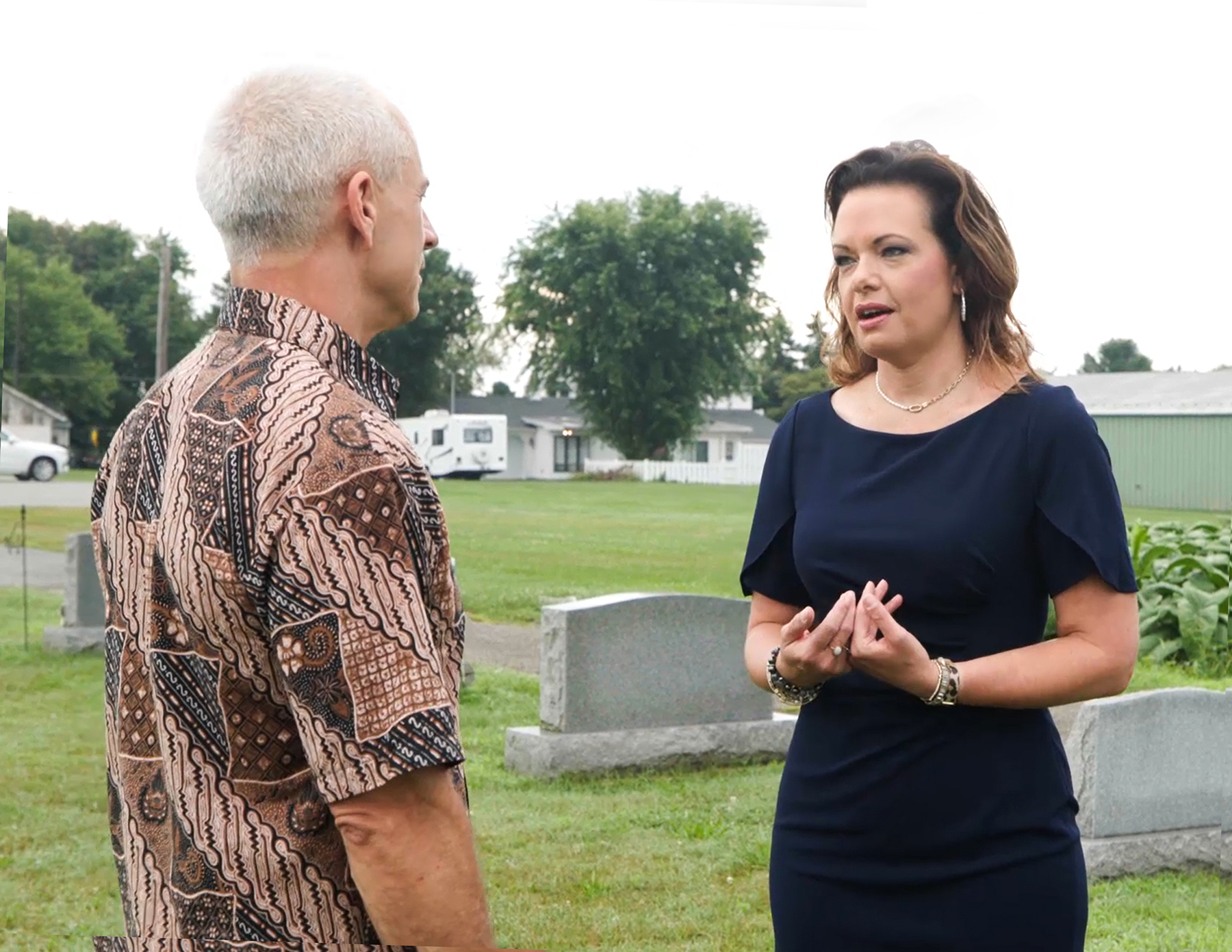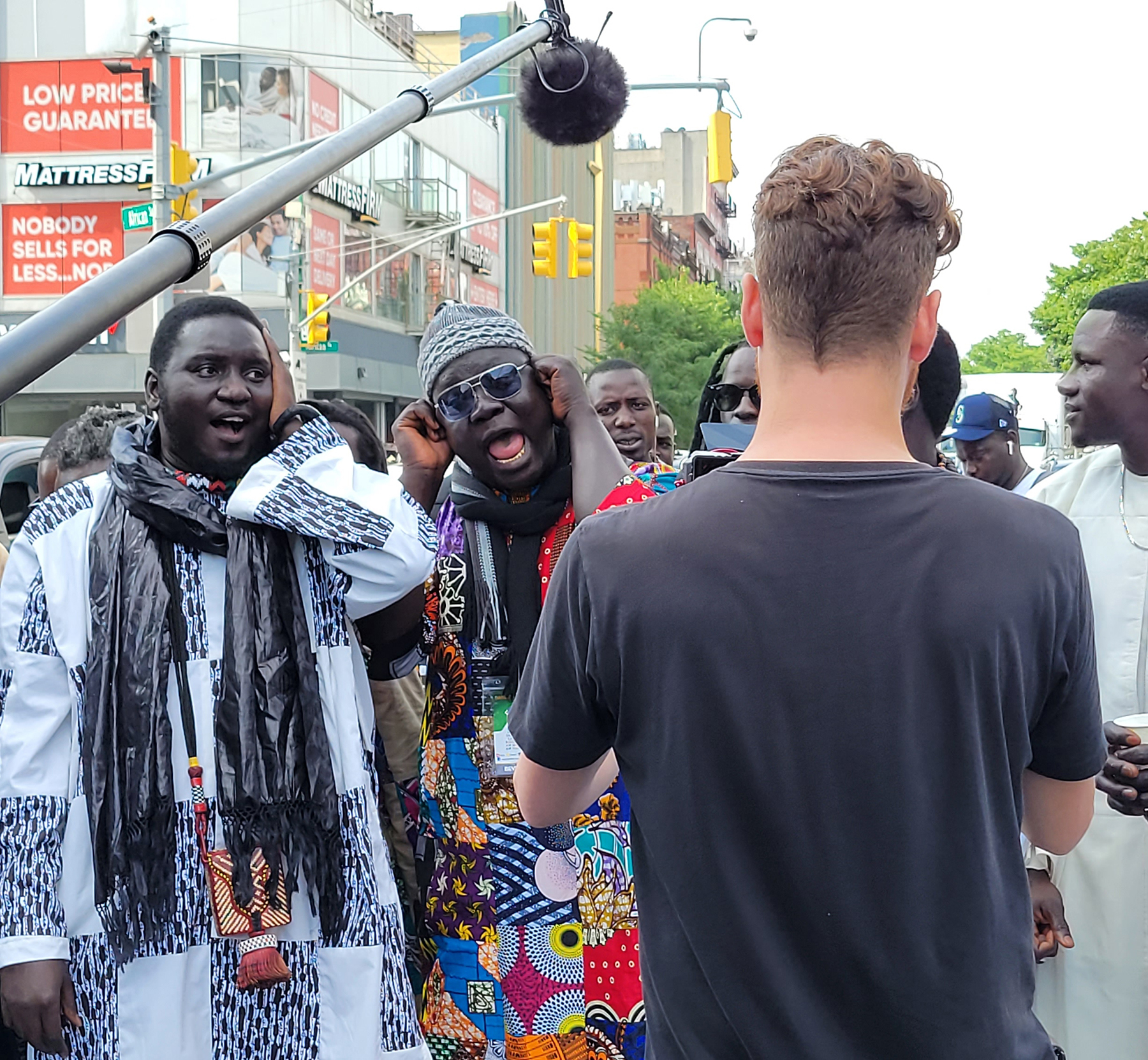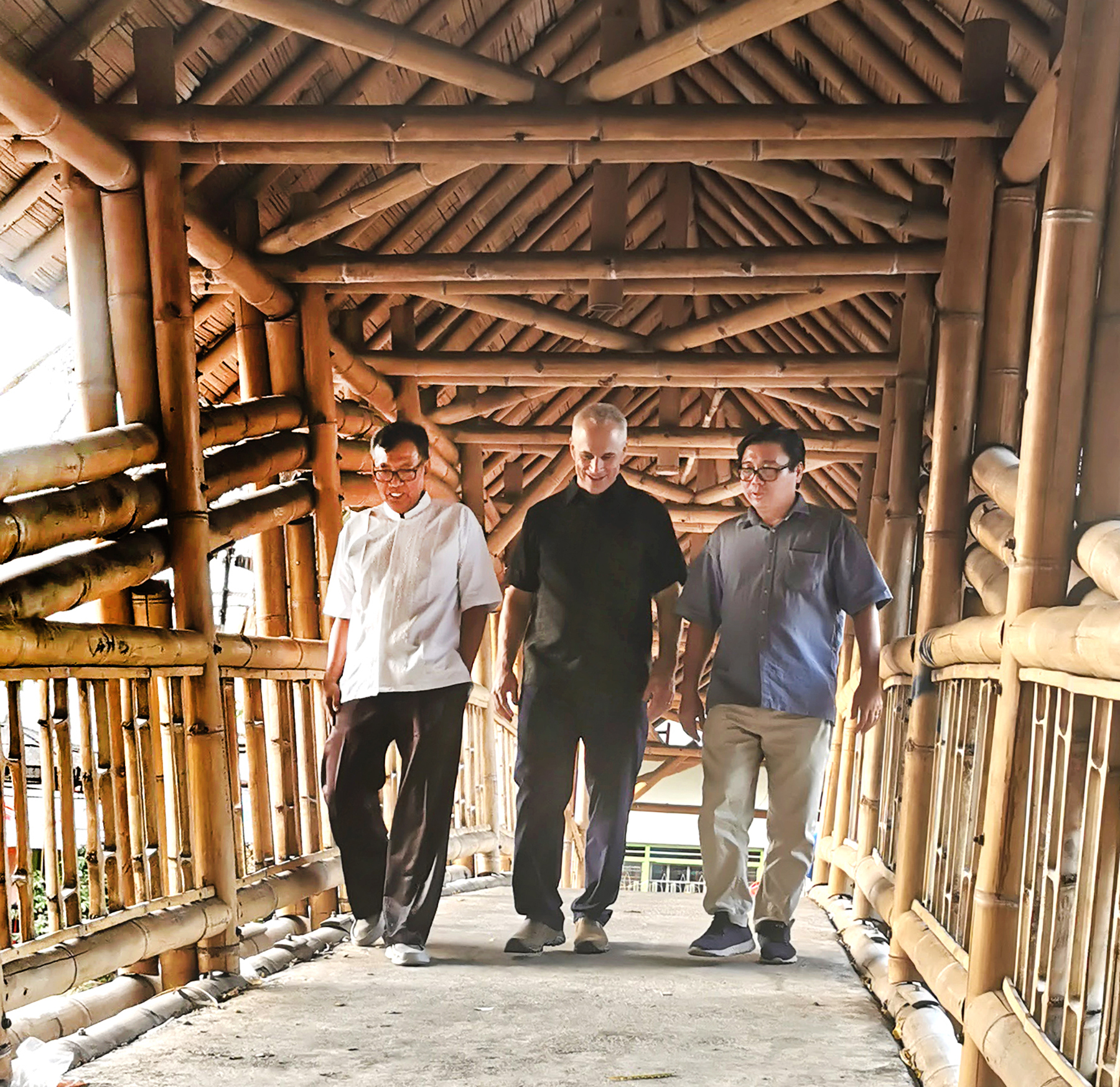The Story
Three years in the making, July 2022 marked the beginning of production of the documentary, Unexpected Peace, by Dove Tale Productions. Below is a brief description of the stories now in post-production.
Nickel Mines Story

It was a chilly October morning in the Amish community of West Nickel Mines. The children filed back into their one-room schoolhouse after recess. A man parked a pickup truck outside the front door of the school and made his way inside. He asked after a missing clevis pin but left when those gathered explained they had not seen the lost item. A few minutes later he returned, this time brandishing a handgun. After ordering the boys in the class to help carry in a variety of other supplies and weapons, the man barricaded the front door. Ten female students were ordered to line up at the chalkboard. The gunman eventually shot and killed five of the girls at point-blank range before turning the gun on himself.
Following this horrific tragedy, the Amish community rallied together. Bound by a shared commitment to nonviolence, they chose to forgive. The men and women in the community not only supported the grieving parents of the murdered girls, but also reached out with compassion to the wife and family of the shooter. Even in their deep hurt, they chose not to cause any further harm or retaliation.

What does it mean to seek peace amidst such tragedy? How did they find the strength to forgive? Does forgiveness mean forgoing accountability in the face of wrongdoing?
Harlem Story

The Murids, Sufi Muslims originally from Senegal, follow the practices of their founder Shaykh Ahmadu Bamba (d. 1927) who believed in extending forgiveness towards those who wrong them instead of returning violence for violence.
In the late 1980s and early 1990s, many Murids immigrated to the United States, settling in Harlem, which was at the time one of the most violent and economically depressed neighbourhoods in New York City. There, the Murids found both economic opportunities and significant challenges. Many members of the community etched out a niche for themselves offering taxi services where other cab companies refused to go.
Sadly, the Murids also found themselves victims of aggression, and many were killed while driving taxi. The circumstances could have been a powder keg, but the Murids refused to strike a match. Instead, they followed the teaching and example of their founder and put into practice the most basic elements of being a peacemaking community: mutual support, prayer, courage in the face of danger, improving the local economy, and a spiritual / ethical commitment to nonviolence.
Even in the face of incredible loss, they maintained their spiritual commitment to trust God as the one who brings justice, and they did not seek revenge. Rather than pressing charges, the members of the Murid community instead chose to forgive, trusting themselves to the will of God.

What inspired them to seek peace in such difficult circumstances? Can peace be achieved without the support of a like minded community? What role does education play in the shaping of a culture of peace?
Solo Indonesia

At the turn of the millennium, Muslim-Christian conflict rocked the Indonesian landscape. Thousands lost their lives in violent confrontations. Then the unimaginable happened. At the height of the conflict, Paulus Hartono, the pastor of a Christian congregation, and Yanni Rusmanto, commander of an Islamic militia, developed a friendship over cups of coffee. Their unique willingness to listen to one another broke a cycle of violence in their city, challenging deeply rooted anti-Islamic and anti-Christian stereotypes. How did this happen?
When a tsunami struck the northwestern Province of Aceh in 2004, more than 225,000 people in Indonesia and surrounding countries lost their lives. Many who survived suddenly found themselves homeless and grieving. Members of Pastor Hartono’s congregation and of Rusmanto’s Hezbollah militia pulled together resources and found a way to reach out to Aceh. The tentative relationship between the Pastor and the Commander grew into friendship as they worked together in response to the crisis. Their two communities forged a culture of peace. Over time, the circle of nonviolence grew, ushering in new grace and hope. Nearly 20 years later, Paulus and Yanni remain good friends, and they continue to work together to maintain a peaceful community.

Is it possible that we too could build relationships that help to end emotional and psychological violence in our own communities?
